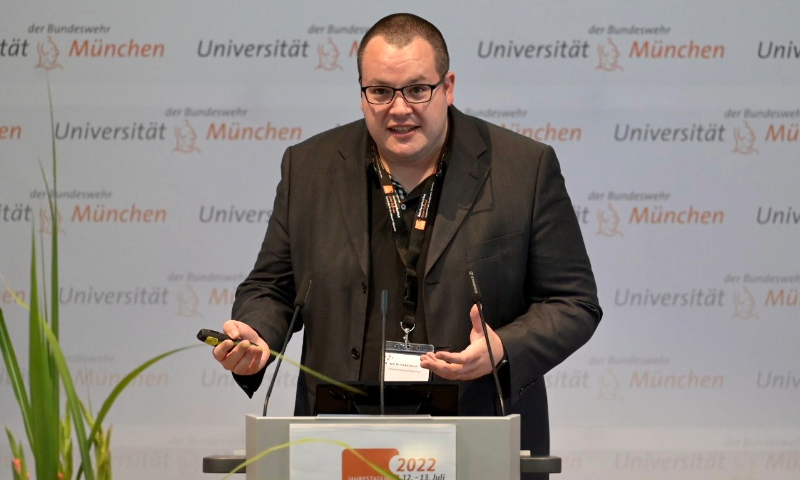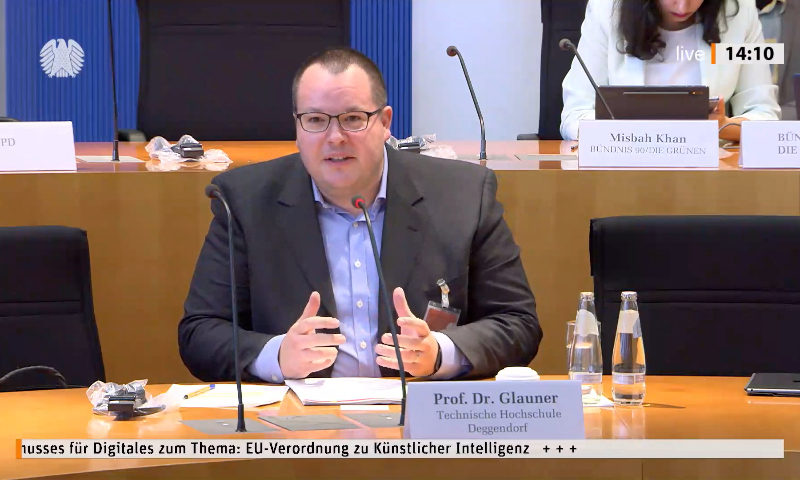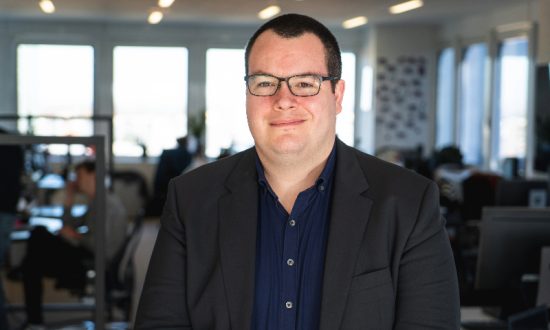Patrick Glauner is a Full Professor of Artificial Intelligence at Deggendorf Institute of Technology (Germany) since age 30. He has been ranked by CDO Magazine among the worldwide academic data leaders. In parallel to his academic roles, he is the Founder & CEO of skyrocket.ai GmbH, an AI consulting firm. As an expert witness, he advised the parliaments of France, Germany, and Luxembourg. National and international media regularly feature his work. He previously worked at the European Organization for Nuclear Research (CERN), studied at Imperial College London, and is an alumnus of the German National Academic Foundation.
Recently, in an exclusive interview with Higher Education Digest, Patrick shared his insights on the evolution of AI over the years, the inspiration behind establishing skyrocket.ai, key qualities that constitute a good leader, significant career milestones, words of wisdom, and much more. The following excerpts are taken from the interview.
Patrick, you have a long experience in the field of Artificial intelligence, being a pioneer of it. How has this field evolved over the years?
Over the last 10 to 15 years, many AI applications have been deployed that we now keeping using in our everyday lives. In fact, most of us use AI hundreds – or even thousands – of times a day, without even branding those services “AI”: spam filters, object recognition, voice recognition, etc. Also, there has been progress in research over the last few years, most notably in transformer architectures. Those are the foundation of modern computer vision applications and of large language models (LLMs), such as ChatGPT.
In your professional opinion as an educator and an AI researcher, what industries stand the risk of being replaced by AI?
AI can be applied to nearly every industry. Wherever humans make decisions, AI has the potential to make faster, cheaper and better decisions. The best thing one can do is to contribute to the AI transformation of an industry, rather than opposing it. If you oppose AI, you’ll most likely be put out of business by your colleagues or competitors that use AI.

Do you think formal education can be depended upon for survival in the post-AI world?
AI keeps changing the job market rapidly. Whatever your past education is, you should acquire some AI skills and then contribute to the AI transformation of your industry. There are plenty of free, high-quality AI courses available online, for example on Coursera, Udacity and other platforms. Also, degree program, apprenticeships, etc. need to be amended and include some AI in order to prepare today’s students for tomorrow’s jobs.
Please brief us about your roles and responsibilities as Professor of Artificial Intelligence at Deggendorf Institute of Technology.
At Deggendorf Institute of Technology, I teach classes on AI and foundations of computer science. I also do research and publish papers and books. In addition, I coordinate our BSc in Artificial Intelligence program (https://www.th-deg.de/ain-b-en). We receive more than 1,000 applications every year for about 100 places. The large number of applications from around the world demonstrate the importance of AI as well as the high quality of our program.
What was the inspiration behind establishing skyrocket.ai? Tell us about its mission and vision.
skyrocket.ai is my AI consulting company. I advise companies on AI strategy and implementation. Also, I offer workshops and trainings. Doing consulting on the side helps me to stay up to date by working on cutting-edge AI problems in industry. I can then also share some of my new insights with my students in class and make sure my classes stay up to date.
In your opinion, what qualities constitute a good leader?
I have had really great bosses, but also bosses that were not that great… So, I have learned from the best, but also from the worst. Most importantly, a leader must be able to leverage the potential of their staff. Also, a leader should not be jealous on staff that know certain things better than the leader.

What are some things about your career path you wish you knew in college, in retrospect?
During college, I aimed for a technical career and only attended one course on business. Towards the end of my PhD, I started aiming for a career as a manager in industry (and then later finally blended academia and consulting) and therefore also did an MBA in parallel to my PhD. In retrospect, I could have taken more business courses – or the entire MBA – earlier.
What has been your most career-defining moment that you are proud of?
I became a full professor at age 30. I also particularly enjoyed giving oral evidence as an expert witness in the parliaments of France, Germany and Luxembourg.
How do you define success? What is your take on the ways to achieve long-term success?
I keep maintaining a list of short-term and long-terms goals. Over time, I have achieved many of my big goals earlier than expected. Obviously, some things did not work out quite the way I wanted it. My advice: Do not be afraid of failing, try achieving multiple goals at the same time and keep your list of goals up-to-date. Think big, dream bigger!
What piece of advice would you give to aspiring AI professionals across the globe?
Start learning AI today!




